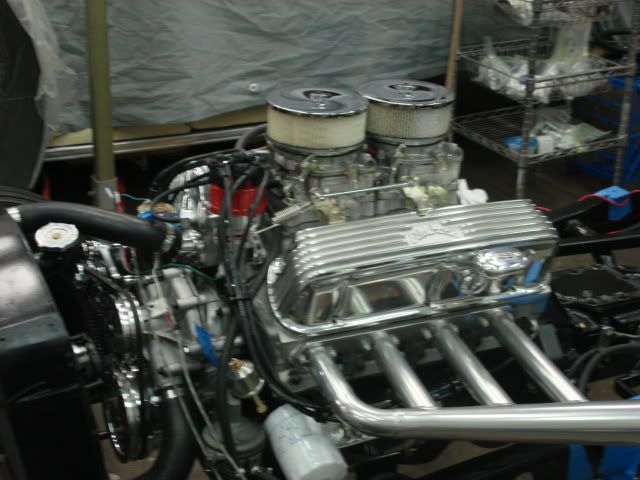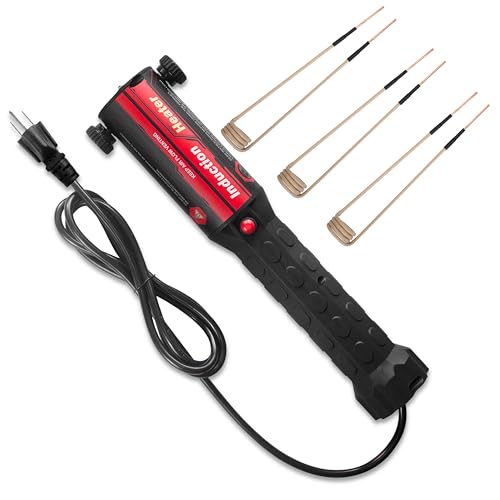2 cents
First off the 500 horsepower they are claiming isn't the same 500 horsepower as of old.
many different ways to measure hp...
At the rear wheels, at the flywheel, net, gross, and the most liberal braggy way is to calculate hp from the btu of fuel burned.
What is accepted as a standard is net horsepower at the flywheel. this is the horsepower you can use minus the power that it takes to run the engine.
A chassis dyno is really only an accurate comparison if the engines being compared are run in the same vehicle or if your comparing the engine to itself in different states of tune.
Every drive train drags an engine down differently.
Now if everyone running on the chassis dyno has a mustang... then it's accurate. if one guy has a stang and the other guy has a 3//4 ton pickup it isn't going to figgure out right. at least I don't think so.
it might be possible to measure resistance as the drivetrain decelerates and make a correction in the numbers
They run the engine on a dyno and simply measure how much water it can pump. hp is a measure of work done in a given amount of time. torque is the mechanical force measured in foot/pounds of the power used to do the work.
the first way to measure horsepower was like a vertical tractor pull for horses. they just set up an elevator... a rope, a pulley and a weight and measured how fast the horse could pull the weight to the top.
the pull of gravity is an acceleration..the same physics as what an engine fights against to make the car speed up faster only applied in a different direction.
Gravitational acceleration, linear acceleration, centipedal acceleration...
Through acceleration, energy is converted into inertia. inertia is mass in motion, deceleration converts inertia back into energy.
it's a logical conversion. In reality matter IS energy E=MC^2 and mass and inertia are interchangeable. the only thing you are converting is your calculation of the energy as it exhibits different actions.
In rocket science just the act of spinning a rocket increases it's inertial mass without increasing it's weight and it will go farther and higher into orbit on a given amount of fuel than will a non-spinning rocket... proven fact...research Von Braun's orbital anomaly and the work of Dr Bruce DePalma. If you think I'm blowing your mind...Torsion field physics will really blow your mind.
back to the 331...
A low powered engine that has the capability to spin really fast naturally will do more work in a given time allotment (if it can pull the load and spin up)than a powerful engine that isn't fully loaded and can't get out of it's own way.
1-1.5 horsepower per cubic inch is not unreasonable to expect out of a well built street engine but I highly doubt those 800 horsepower small blocks with a mail order chrome kit and intake running small tube headers, 600 cfm carbs and flat tappet cams..."I spent $2,000 so I must have like...a gazillion horsepower lol"
My buddy had a clean 91ho mustang. He picked up a brand new 331 for it with a new tremec off a guy needed the cash for $2k. it had trick flow manifold and edelbrock (i think) mass air sensor big cam and oversized injectors.
it would pull the wheels off the ground both in first and grabbing second.
Then he was unemployed and he needed the money and best money he could get at the time was $4500 for the car
The man is right a 331 can make more than enough





















































